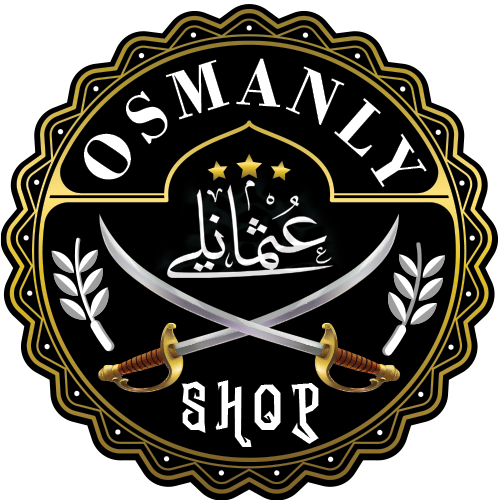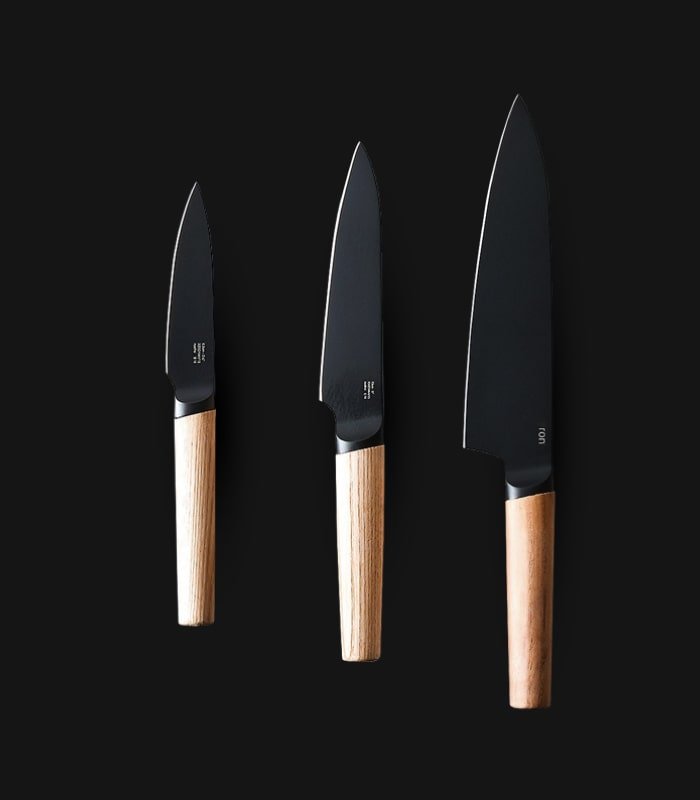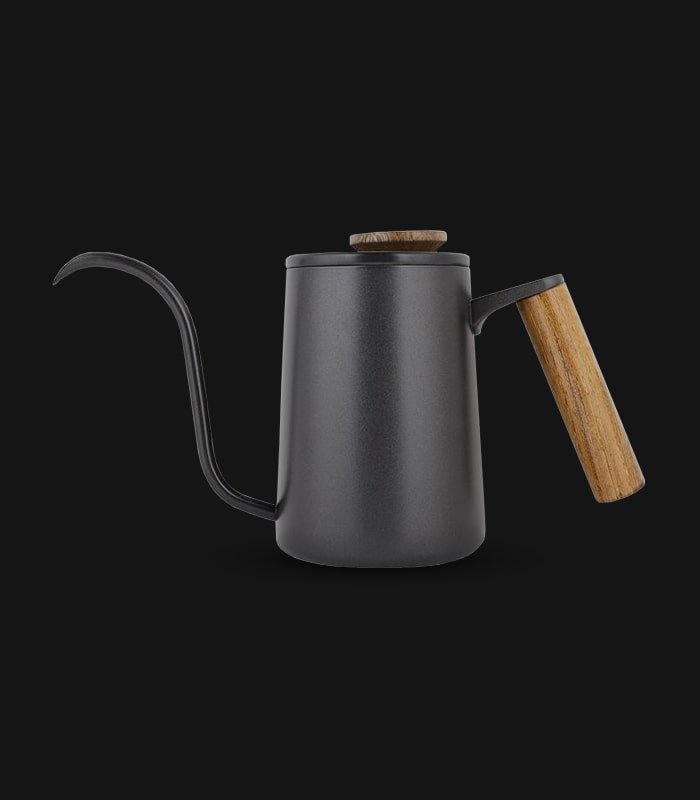Historical and Cultural Significance of Turkish Products
The rich tapestry of Turkish products is woven with threads of history and culture that date back centuries. The influence of the Ottoman Empire, which spanned from the 14th to the early 20th century, has left an indelible mark on the diversity and richness of Turkish goods. As an empire that unified various ethnicities and territories, the Ottomans facilitated an exchange of traditions, crafts, and goods, creating a unique blend that continues to characterize Turkish products today.
Turkey’s strategic geographical position has been a significant factor in this diversity. Positioned as the bridge between Europe and Asia, it served as a crucial junction along the Silk Road. This ancient trade route not only facilitated the exchange of goods but also of ideas and cultures. Traders and travelers brought with them spices, textiles, and other luxury items, which were absorbed and adapted into Turkish culture. This melding of influences can be seen in the exquisite craftsmanship of Turkish carpets, the intricate designs of ceramics, and the distinctive flavors of Turkish tea and coffee.
Turkish tea (çay) and coffee (kahve) are not just beverages; they are integral to social customs and daily life in Turkey. The tradition of brewing and serving tea in tulip-shaped glasses and preparing Turkish coffee in a cezve are rituals that have been preserved over generations. These practices reflect the hospitality and communal values embedded in Turkish society, making them more than mere drinks but symbols of cultural heritage.
Carpets and ceramics also hold a special place in Turkish tradition. Turkish carpets, renowned for their intricate patterns and quality, have been a significant cultural and economic commodity for centuries. Similarly, the art of pottery and ceramics, particularly from regions like İznik, showcases the blend of aesthetic influences that Turkey has absorbed over the years.
Turkey is also home to numerous UNESCO-listed cultural heritage items, further underscoring its global importance. For example, the “Kırkpınar Oil Wrestling Festival” and the “Mevlevi Sema Ceremony” are recognized for their unique cultural significance. These heritage items highlight the deep historical roots and the enduring cultural traditions that continue to shape Turkish products and society.
Through these lenses of history and culture, it becomes evident that Turkish products are not merely goods but manifestations of a rich and multifaceted heritage. Whether it’s a sip of Turkish tea, the weave of a carpet, or the glaze of a ceramic piece, each tells a story of a vibrant legacy preserved through the ages.
Popular Turkish Products and Their Global Appeal
Turkish products have gained substantial global acclaim, renowned for their exquisite craftsmanship, unique quality, and the traditional methods used in their creation. Among the wide array of admired Turkish products, a few stand out for their significant international appeal: Turkish delight, spices, textiles, jewelry, and leather goods.
Turkish delight, also known as “lokum,” has enchanted sweet-toothed consumers around the world with its soft, chewy texture and a variety of flavors such as rose, lemon, and mint. This confectionery gem is crafted from sugar, water, and starch, often enriched with nuts or fruits, following recipes that have been perfected over centuries. Its export has surged particularly in Europe and North America, where it is celebrated as a luxurious treat.
In the realm of spices, Turkey’s markets are a riot of colors and scents, epitomized by renowned bazaars like Istanbul’s Spice Bazaar. Saffron, sumac, and oregano are among the noteworthy spices that enrich global kitchens with their robust flavors. These high-quality spices are the result of meticulous farming practices and traditional drying methods, ensuring a product that is both potent and rich in flavor.
The Turkish textile industry enjoys an illustrious reputation for producing high-quality fabrics ranging from elegant silk to durable cotton. Engaging in centuries-old weaving techniques, the artisans infuse their textiles with vibrant colors and intricate patterns. These textiles are particularly cherished in the USA, Germany, and the UK. E-commerce platforms have significantly contributed to their global distribution, allowing consumers worldwide to experience the luxury of Turkish fabrics.
Turkish jewelry and leather goods are synonymous with exceptional artistry and enduring quality. The country’s jewelry, whether made from gold, silver, or gemstones, is revered for its intricate designs that reflect Turkey’s rich cultural heritage. Similarly, Turkish leather goods, including bags, shoes, and accessories, are crafted with unparalleled attention to detail. Artisans often blend traditional craftsmanship with contemporary styles, appealing to a wide range of tastes. These products are particularly popular in markets such as Italy, France, and Japan.
The rise of e-commerce has played a pivotal role in the global accessibility of Turkish products. Online platforms have enabled artisans to reach customers far beyond their traditional market boundaries, thereby fostering an appreciation for Turkish craftsmanship worldwide. According to Mehmet Öztürk, a renowned Turkish artisan, “E-commerce has revolutionized our industry, allowing us to share the beauty of our crafts with the world.” This digital expansion has underlined the harmonious blend of tradition and modernity, making Turkish products increasingly sought-after on the global stage.


























